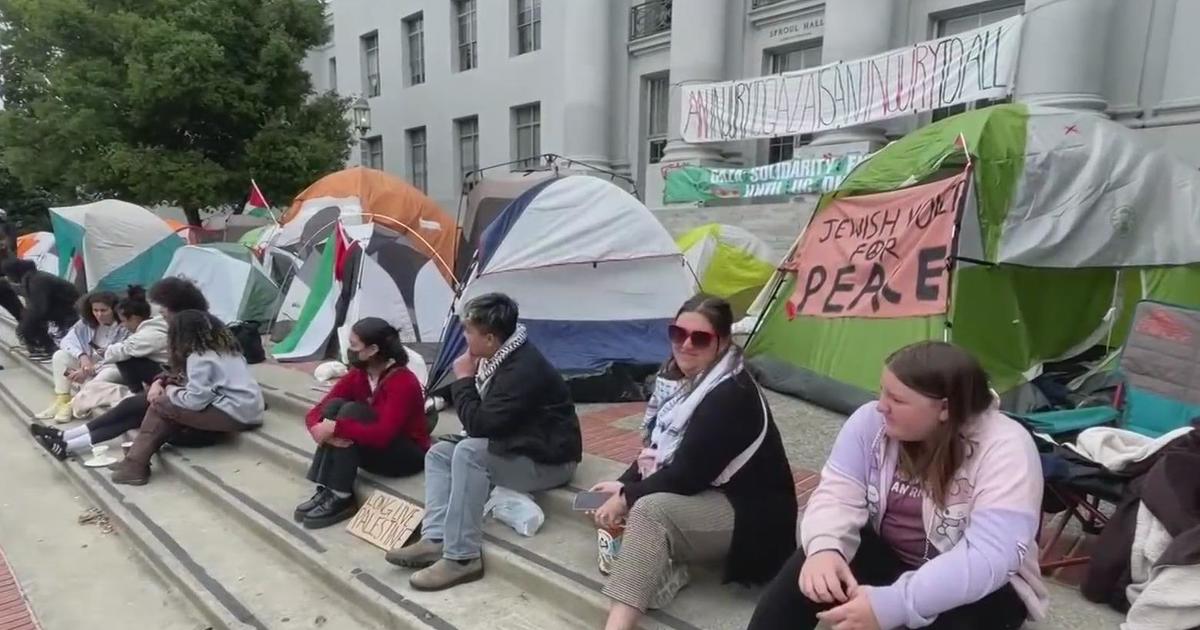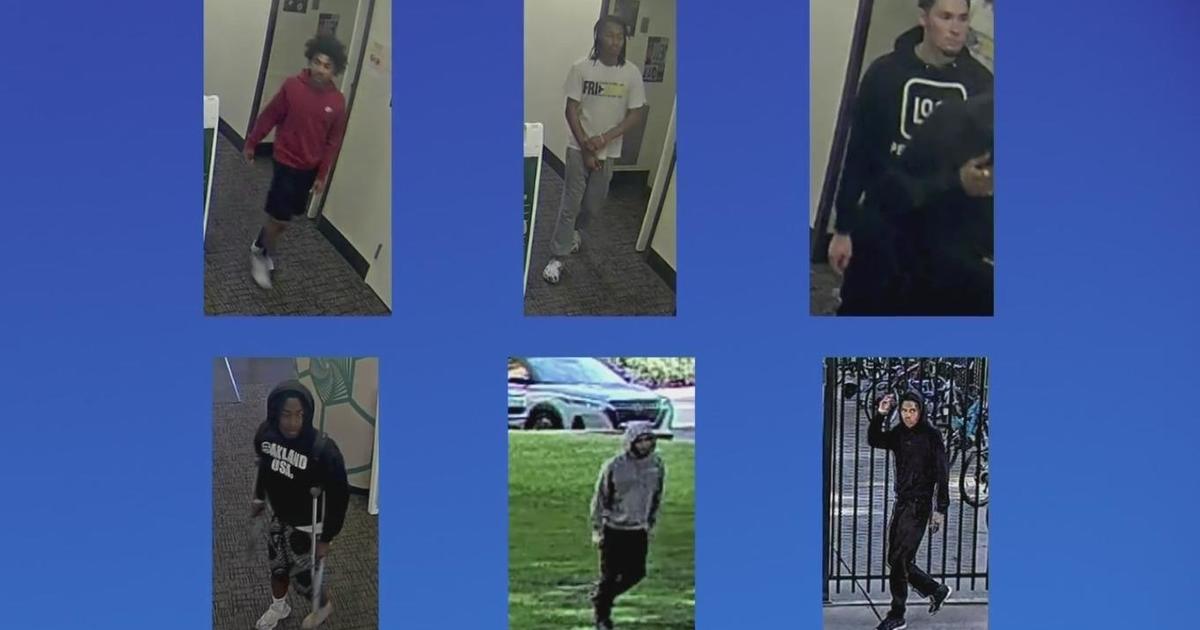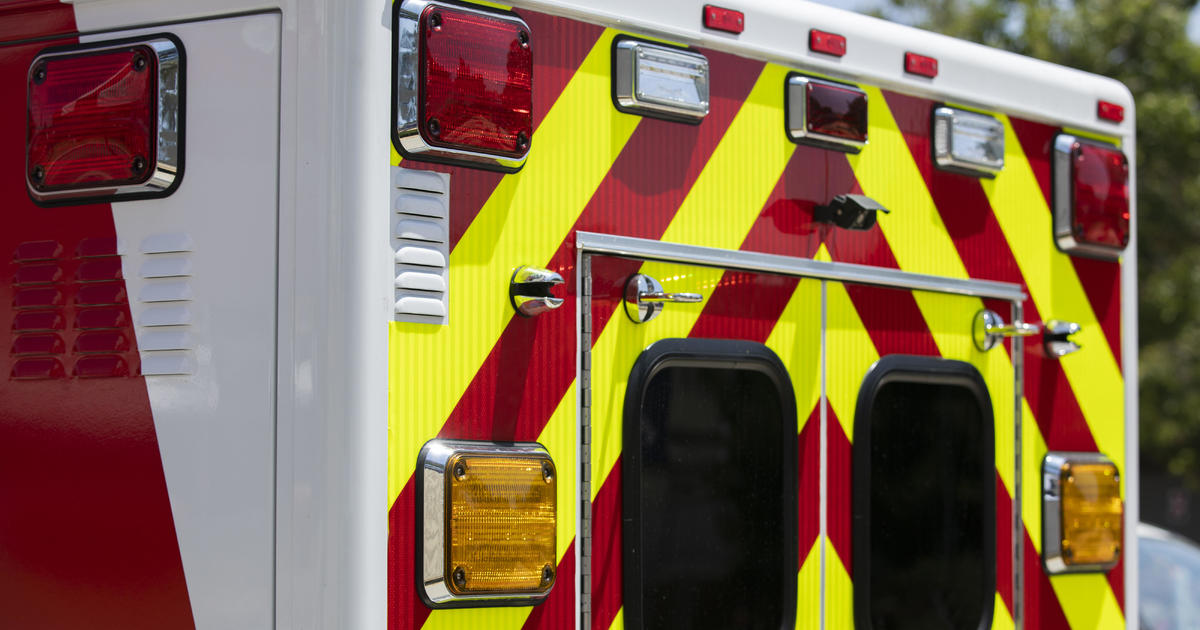Frequently Asked Questions About Measles
With the recent measles outbreak at Disneyland, many people have had questions about the spread of measles in the U.S. Here are some the most frequently asked questions the CDC has received about the disease.
Q: Why do people still get measles?
A: According to the CDC, it's brought into the United States by Americans or foreign visitors contracting the virus when they're abroad. They spread measles to others who are not vaccinated, sometimes leading to an outbreak.
Q: Why have there been more cases of measles in the United States in recent years?
A: In 2008, 2011, 2013 and 2014, there were more cases than in previous years, the CDC reports. Experts say it is caused by more cases than usual in some countries visited in large numbers by Americans. They also attribute this to more pockets of unvaccinated people in the U.S.
Q: Will the U.S. ever get rid of measles completely?
A: It's possible, the CDC says. All member states of the six regions of the Worth Health Organization are working to eliminate measles completely by 2020.
Q: What vaccine is given to prevent measles?
A: The MMR (measles, mumps and rubella) vaccine. The CDC says these are safe given together and are a weakened live-virus vaccine. They grow and cause a harmless infection, which builds up the person's immune system against the viruses and lasts throughout their life.
Q: How effective is the vaccine?
A: Over 95% of people who receive the MMR vaccine will develop immunity to all three viruses, the CDC says.
Q: As an adult, do I need the vaccine?
A: The CDC says you do not need the MMR vaccine if you:
- had blood tests that show you are immune to measles, mumps, and rubella
- were born before 1957. People born before 1957 lived through several years of epidemic measles before the first measles vaccine was licensed. As a result, these people are very likely to have had the measles.
- already had two doses of MMR or one dose of MMR plus a second dose of measles vaccine
- already had one dose of MMR and are not at high risk of measles exposure
You should get the measles vaccine if you are not among the categories listed above, and
- are a college student, trade school student, or other student beyond high school
- work in a hospital or other medical facility
- travel internationally, or are a passenger on a cruise ship
- are a woman of childbearing age



